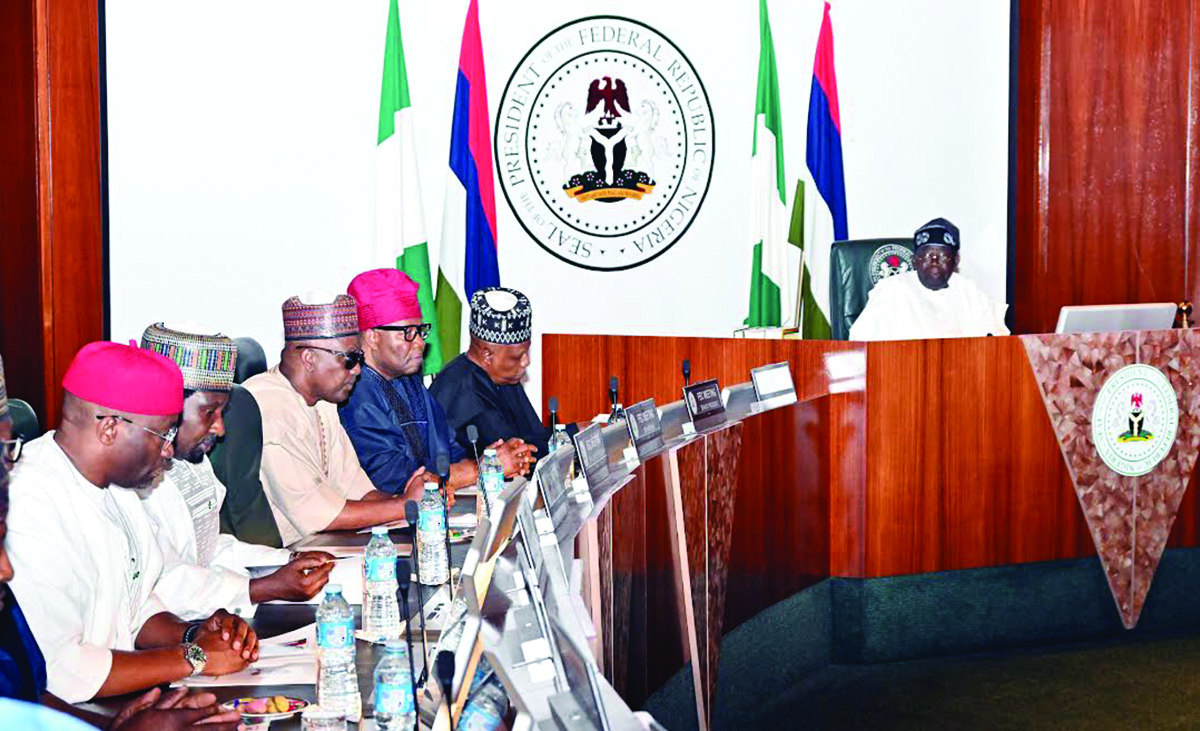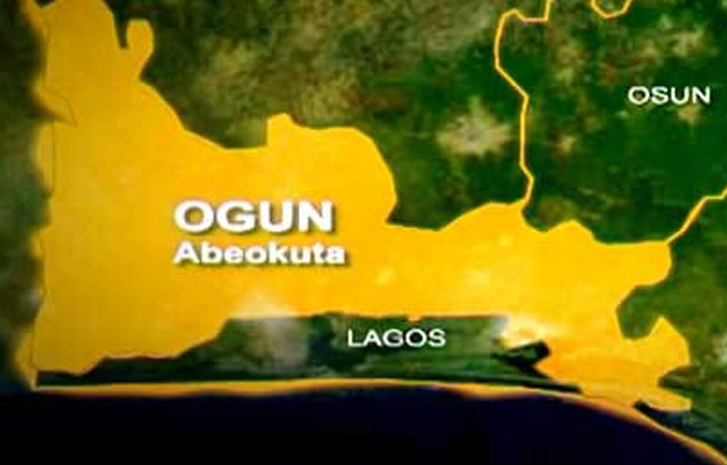Lagos State Government has cautioned the National Assembly against proceeding with the proposed Central Gaming Bill, describing it as unconstitutional and in direct defiance of a binding Supreme Court judgment.
The state’s Attorney-General (AG) and Commissioner for Justice, Lawal Pedro (SAN), who spoke at a media briefing at Alausa, Ikeja, yesterday, said that the Bill currently before the Senate, after being passed by the House of Representatives, contradicts the Supreme Court’s 2024 judgment in suit No. SC/1/2008: Attorney-General of Lagos State & 22 Ors v. Attorney-General of the Federation & 13 Ors.
The Lagos AG said that the Supreme Court had clearly ruled that lotteries, betting, gaming, and other games of chance fall within the legislative competence of the states, not the Federal Government, except in the Federal Capital Territory (FCT).
He emphasised that the judgment, being final, is binding on all authorities under Sections 6, 235 and 287 of the Constitution.
Pedro further said that the proposed Central Gaming Bill, which seeks to regulate online and remote gaming nationwide, represents a “voyage of unconstitutionality.”
He, however, questioned the logic of those claiming that the Bill only targets “online” gaming, stating that “whether a lottery is conducted across a counter or through a mobile app, it remains a game of chance within a state’s jurisdiction.”
Pedro, therefore, warned that if the National Assembly proceeds with the Bill, it would trigger grave constitutional consequences, including legislative defiance of the judiciary, usurpation of state powers, and renewed litigation on a matter already settled by the Supreme Court.
He urged the Senate to decline concurrence on the Bill “in the interest of the rule of law, constitutionalism, federalism, and national stability,” stressing that the issue transcends Lagos State.
Earlier, Lagos State Commissioner for Information and Strategy, Gbenga Omotoso, emphasised the need for strict adherence to constitutional principles and respect for the rule of law in Nigeria, particularly in light of the recent Supreme Court pronouncements affecting the powers of states.
Omotoso described the gathering as “a very important moment in our national journey,” noting that the issues under discussion transcend politics and touch on the very foundation of Nigeria’s federal structure.
He said the conference was an opportunity to reflect on the implications of the Supreme Court’s judgment, which reaffirmed certain constitutional rights of state governments, adding that the decision had far-reaching consequences for governance in Nigeria.






